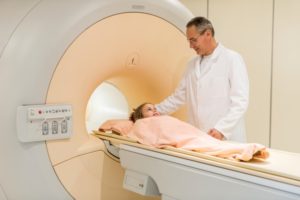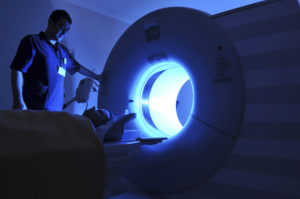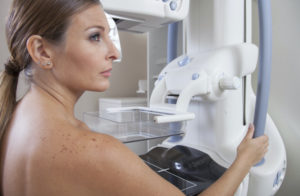BRCA: When To Get Tested
 Now that BRCA 1 and 2 (BReast CAncer genes 1 and 2) have gained fame within popular culture thanks in large part due to actions and conversations sparked by unofficial spokesperson Angelina Jolie, more women are questioning their own BRCA status. Questions as to who should and should not get tested for the genetic mutations are arising more frequently.
Now that BRCA 1 and 2 (BReast CAncer genes 1 and 2) have gained fame within popular culture thanks in large part due to actions and conversations sparked by unofficial spokesperson Angelina Jolie, more women are questioning their own BRCA status. Questions as to who should and should not get tested for the genetic mutations are arising more frequently.
Testing for the genetic mutations which are associated with increased risks of breast and ovarian cancer is a huge step in the fight against these cancers in women with one of the genetically related forms of the disease. Remember for breast cancer this is only about 10% of breast cancer cases overall.
In response to the questions, the U.S. Preventative Services Task Force has issued new guidelines with regards to genetic testing for BRCA mutations. Their recommendations are for testing as a part of and following evaluation by experts in genetic diseases.
This evaluation is often performed by specialists referred to as genetic counselors. They will conduct a thorough review of family history and individual factors before the testing process begins – often to help determine if testing is necessary. Their role doesn’t end with the blood test- they will assist after the testing is complete by explaining the results and what steps are possible. Remember, having a mutation in one of these genes is rare – between 1 in 400 and 1 in 800 will have a mutation in one of these genes. Because of the low numbers, it’s important to evaluate the need for the test.
The latest USPSTF guidelines on who should undergo testing for BRCA mutations are a useful starting point for anyone interested in assessing their need. Remembering that the blood test is only a small part of the whole equation is important – genetic counselors are an invaluable resource in what should come before and after the testing.
Image credit: Angelina Jolie 2012 by Jenn Deering Davis via Wikimedia Commons Copyright Creative Commons Attribution 2.0 Generic (CC BY 2.0)
Originally published 1/3/14 on mammographykc.com.





